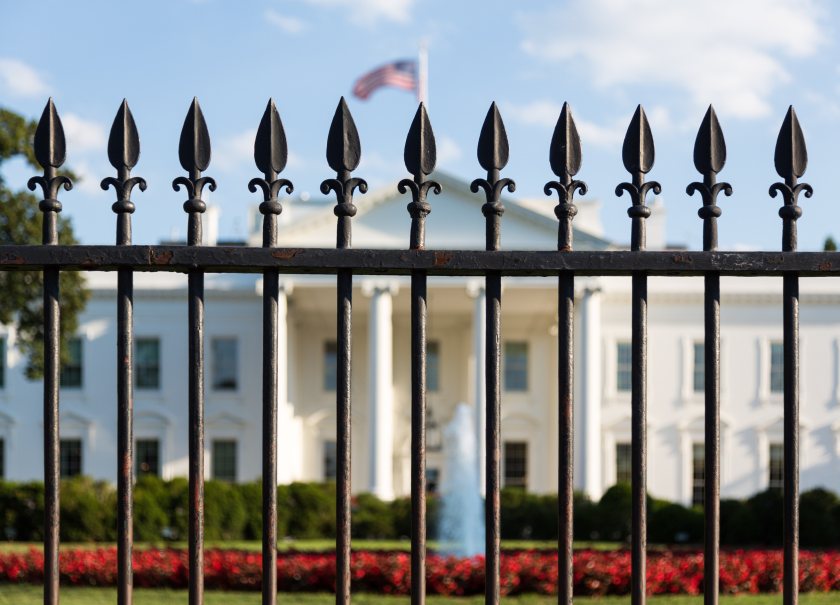
The NFU has reacted to the announcement of a 10% tariff on UK exports to the US, describing it as a significant challenge for British farming.
While the UK has been hit by a lower baseline tariff compared to the EU (20%), the union said it remained a "concerning situation" for farmers.
President Trump announced new import taxes on all goods entering the US, describing the new measures as “reciprocal” and needed to rectify trade imbalances.
Tariffs of 10% will be introduced from Saturday 5 April on all UK imports and 20% on those from the European Union a few days later.
President Trump has said the measures were needed because countries were taking advantage of the US by imposing high tariffs and other trade barriers.
The decision to impose additional 10% tariffs upon these products means UK goods entering the US will lead to higher prices for US consumers and provide uncertainty for UK exporters.
The United States is the largest market for British agri-food products outside of the European Union.
In 2024, the UK exported over 430,000 tonnes of food, beverages, and live animals to the US, valued at nearly £2.6 billion.
NFU President Tom Bradshaw said President Trump's announcement on Wednesday (2 April) was "a challenge for the UK and for agriculture".
He said: “We are working in genuine partnership with government and sharing our expertise on this to ensure, if there is any market disruption, we can respond swiftly.
“The US is the largest market for British agri-food products outside of the EU and our farmers are proud to supply high quality, authentic, and unique British meats and cheeses to American consumers."
As a proportion of total UK exports, the US market accounted for 21% of beer made from malt, and 19% of spirits, including whisky and gin.
Meanwhile, the United States is a global exporter of agriculture commodities, particularly inputs for animal feed and meat.
In 2023, its top agri commodities exports globally were soyabeans ($28bn), corn ($13bn), beef ($8bn), soyabean meal ($7bn), wheat ($6bn) and pork ($6bn).
Currently, from an agriculture perspective, the UK’s main imports from the US are animal feed inputs.
Mr Bradshaw said that the the NFU would continue to collaborate closely with the government as the situation evolves.
He said: “We stand united in our desire to work together to ensure British farmers and growers are at the forefront of any decision-making and will continue to work hand in glove with government.”
The Country Land and Business Association (CLA), which represents thousands of farmers and landowners, said the best thing the public could do to support farmers is to buy British.
"Donald Trump might demand we eat chlorinated chicken and beef reared using growth hormones – but British consumers say no," said the body's vice president, Joe Evans.
"British farmers, who must comply with some of the highest animal welfare and environmental regulations in the world, should not be forced to compete with American farmers who produce cheap food to much lower standards."
